Carpal Tunnel Relief the Ayurvedic Way: Natural & Panchakarma Treatment for Lasting Results
Carpal Tunnel Syndrome: Ayurvedic & Panchakarma Treatment for Natural & Long Relief
Carpal Tunnel Syndrome (CTS) is a common condition that causes pain, numbness, and tingling in the hand and wrist. It is increasingly seen in people who work long hours on computers, use mobile phones excessively, or perform repetitive hand movements. If left untreated, CTS can lead to weakness and difficulty in daily activities.
While modern medicine often recommends painkillers, wrist braces, steroid injections, or surgery, Ayurveda offers a natural, holistic, and safe approach by treating the root cause and strengthening nerves and tissues.
Experiencing hand numbness or wrist pain? Book an Ayurvedic consultation today.@https://ayurvidhiclinic.com/contact-us/
What is Carpal Tunnel Syndrome According to Ayurveda?
In Ayurveda, Carpal Tunnel Syndrome can be correlated with Vaata Vyadhi involving Snayu (ligaments), Majja Naadi (nerves), and Majja Dhatu.
Aggravated Vaata Dosha, often combined with Kapha obstruction, leads to compression of nerves and impaired circulation in the wrist area.
Common Ayurvedic causes include:
-
Repetitive hand and wrist movements
-
Excessive computer or mobile use
-
Poor posture
-
Weak digestion (Agni)
-
Dryness and degeneration of tissues
-
Stress and overuse
Identify your dosha imbalance with a personalized Ayurvedic assessment.
Common Symptoms of Carpal Tunnel Syndrome
-
Numbness or tingling in fingers (especially thumb, index, and middle fingers)
-
Wrist and hand pain
-
Weak grip strength
-
Burning sensation in the palm
-
Night-time pain or numbness
-
Difficulty holding objects
Early treatment prevents permanent nerve damage.
Do not ignore early signs—Ayurvedic care works best when started early.
Ayurvedic Treatment for Carpal Tunnel Syndrome
Ayurveda aims to balance Vaata, reduce inflammation, and nourish nerves and joints.
🔹 Herbal Medicines
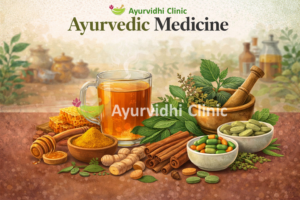
Commonly used Ayurvedic herbs include: Ashwagandha, Rasna, Nirgundi, Shallaki, Bala, Guggul formulations
These medicines:
✔ Reduce pain and swelling
✔ Improve nerve function
✔ Strengthen muscles and ligaments
✔ Prevent recurrence
Get customized Ayurvedic medicines prepared under Vaidya guidance.@https://ayurvidhiclinic.com/services/
Role of Panchakarma in Carpal Tunnel Syndrome
Panchakarma therapies help detoxify and rejuvenate affected tissues.
Abhyanga (Medicated Oil Massage)

Relieves stiffness and improves circulation.
Swedana (Herbal Steam Therapy)

Reduces pain and opens blocked channels. Swedana therapies like Pottali Swedana, Shashtik Shali Swedana, Patra Pottali Swedana are more beneficial. @https://ayurvidhiclinic.com/panchakarma/
Lepa (Herbal Paste Application)
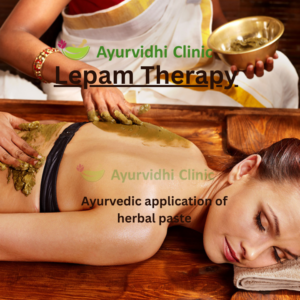
Local relief from pain and inflammation.
Basti (Medicated Enema Therapy)
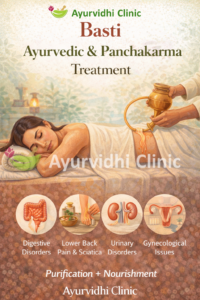
Balances Vaata at its root and strengthens nerves.
Nasya
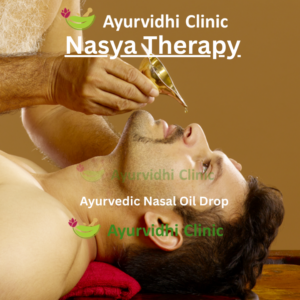
Helpful when symptoms are associated with neck or nerve involvement.
Ask about our specialized Panchakarma program for hand and nerve disorders.@https://ayurvidhiclinic.com/panchakarma/
Diet & Lifestyle Guidelines for CTS
Recommended:
-
Warm, nourishing meals
-
Ghee and healthy oils
-
Green leafy vegetables
-
Adequate hydration
-
Gentle hand exercises and yoga
Avoid:
-
Excessive typing without breaks
-
Cold exposure
-
Dry, processed foods
-
Late-night work
Get a personalized Ayurvedic diet and lifestyle plan for nerve health.
Why Choose Ayurveda for Carpal Tunnel Syndrome?
✔ Natural and safe
✔ No steroid dependency
✔ Treats root cause
✔ Strengthens nerves and tissues
✔ Long-term relief
✔ Prevents surgery in many cases
Ayurveda restores balance and function—not just symptom control.
🏥 Our Clinic’s Approach to Carpal Tunnel Care
At our Ayurvidhi Ayurvedic clinic, we provide:
-
Detailed dosha and nerve assessment
-
Customized treatment plans
-
Authentic Panchakarma therapies
-
Vaidya-prepared herbal medicines
-
Post-treatment rehabilitation guidance
Book your Ayurvedic consultation today and regain pain-free hand movement.@https://ayurvidhiclinic.com/contact-us/
Restore Hand Strength Naturally
Carpal Tunnel Syndrome can be managed effectively with timely Ayurvedic treatment and Panchakarma. Early care ensures faster recovery and long-lasting results.
📞 Call now to schedule your appointment @https://ayurvidhiclinic.com/contact-us/
📍 Visit our clinic for holistic nerve and joint care @https://www.google.com/maps/place/Ayurvidhi+Clinic/@18.613671,73.911719,14z/data=!4m6!3m5!1s0x3bc2c7990322abff:0xc5de21061f105a92!8m2!3d18.6136707!4d73.9117195!16s%2Fg%2F11j32wcd1_?hl=en&entry=ttu&g_ep=EgoyMDI1MTIwOS4wIKXMDSoASAFQAw%3D%3D


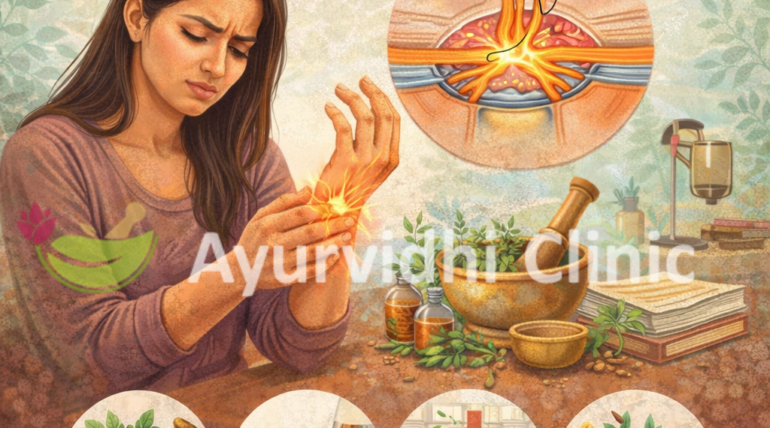
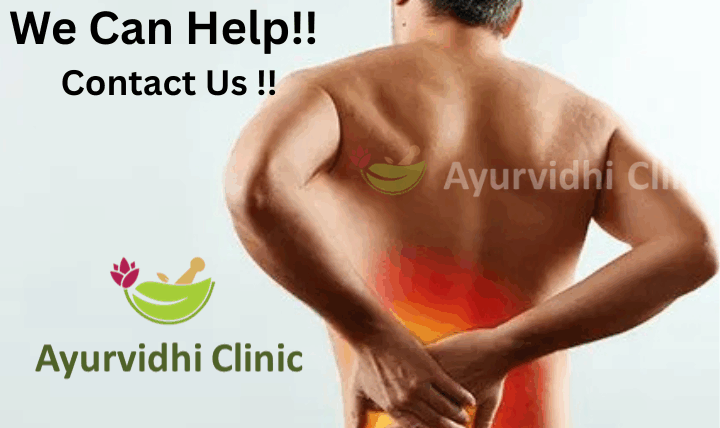

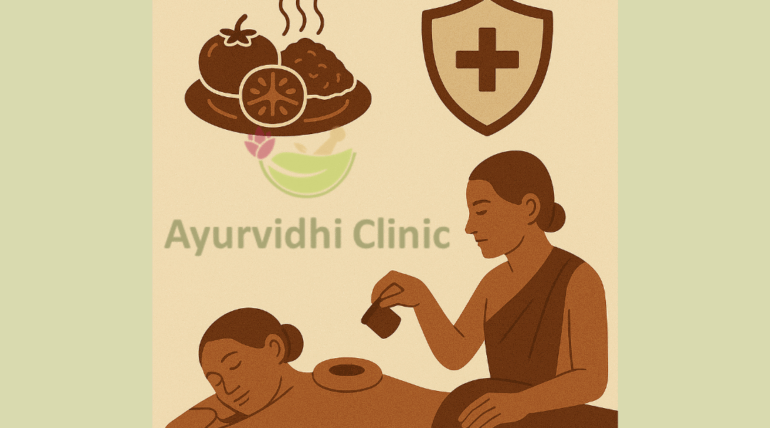
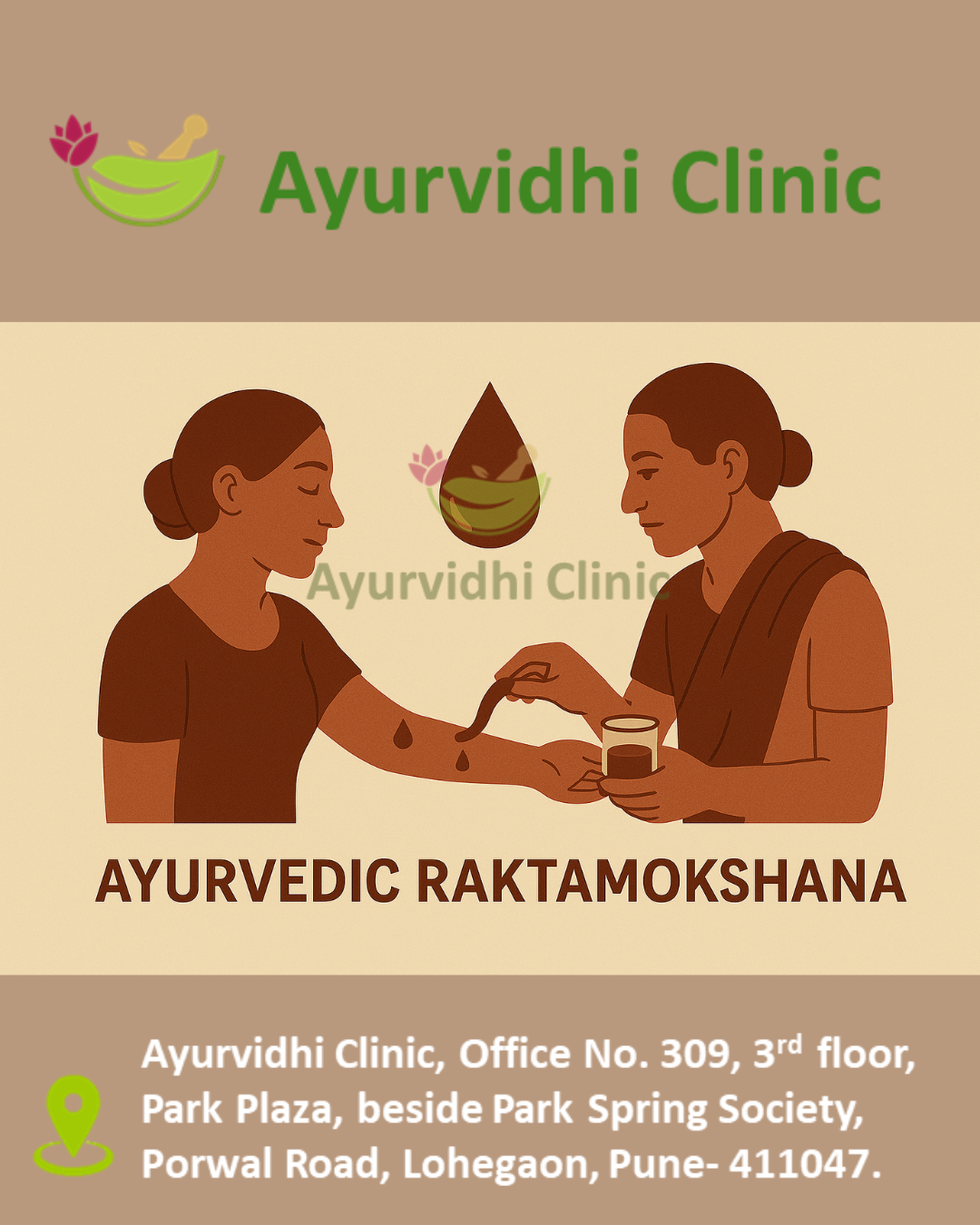
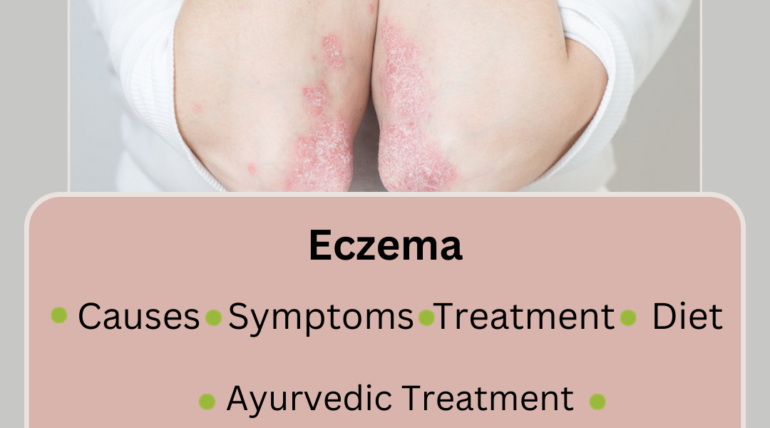
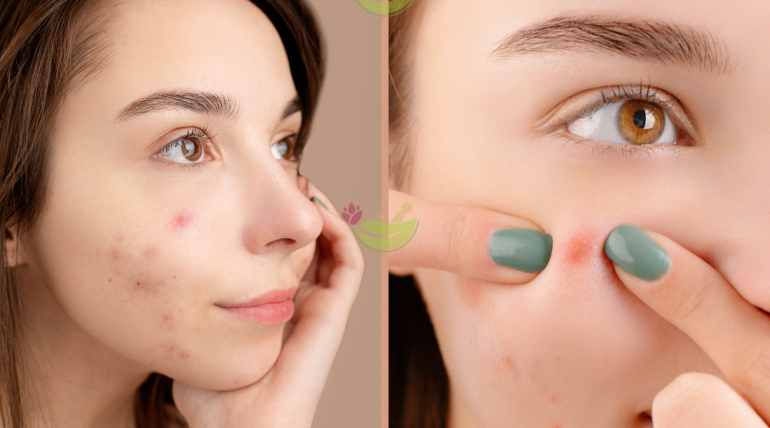
Recent Comments